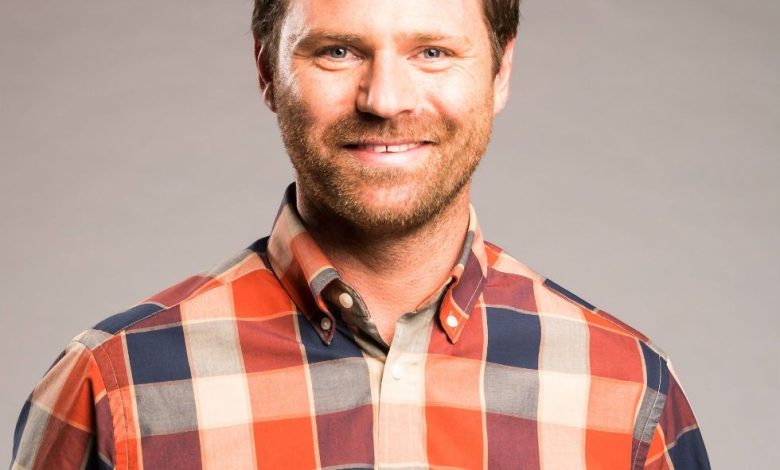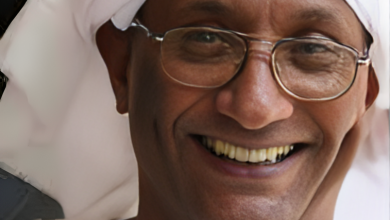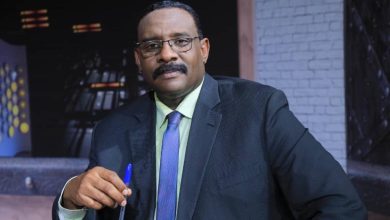Canada’s Help Versus Sudan Escalating Crisis

Nicholas Coghlan
Nicholas Coghlan was Canada’s first resident diplomat in Sudan (2000-03) and first resident ambassador in South Sudan (2012-16).
It has been eight months since two Sudanese generals, who had earlier conspired together to seize power from a civilian-led government, fell out with each other and plunged their country into civil war. In dangerous circumstances, Ottawa successfully evacuated Canadian citizens who wished to leave and closed down its embassy in Khartoum. Canadian diplomatic personnel have been reassigned to other duties, and national staff have been terminated.
Meanwhile, the conflict has deepened – 5.5 million people have been forced to flee their homes within Sudan. A further 1.5 million have crossed as refugees to neighbouring countries – such as Chad and South Sudan – that can ill afford to host them. Much of Khartoum is now an urban wasteland. It is largely under the control of Mohamed Hamdan Dagalo, known as Hemedti, whose Rapid Support Forces (RSF) have driven his rival – General Abdel Fattah Burhan, in command of the Sudanese Armed Forces (SAF) – out to the Red Sea city of Port Sudan.
In the early days, it seemed as though Gen. Burhan, with air power and the bulk of the regular army behind him, would gain the upper hand. That is no longer the case. The RSF – who are the direct descendants of the Janjaweed that brought genocide to Darfur 20 years ago – now control not only most of the capital, but nearly all of Darfur. Last week, ominously, they moved into Wad Medani, a city south of Khartoum that has become a haven, both for persons fleeing the capital and for aid organizations.
Talks sponsored by Saudi Arabia and the United States that were aimed at brokering a humanitarian ceasefire have broken down. Calls by the African Union and IGAD (the Intergovernmental Authority on Development, a regional bloc) for restraint and for peace talks have fallen upon deaf ears. And, frustratingly for would-be mediators, there is no third civilian-led option at this time.
This is not a scenario in which Canada should seek to play a high-profile role. For decades, an informal grouping known as the Troika – comprising the U.S., Britain and Norway – has spearheaded Western efforts to facilitate democracy and stability in Sudan. It is unrealistic to suppose we can bring something to this conflict that they cannot. And in any case, the primary responsibility for mediation should fall to the African Union and IGAD.
But we can and should be doing a lot more.
Our partners evacuated from Khartoum alongside us in April. But they kept their ambassadors in the field – mostly in Addis Ababa or Nairobi – to gather intelligence and advise their respective headquarters; to encourage and chivvy constructive action; to engage at a high level with regional leaders. Ottawa should reappoint a knowledgeable and empowered Canadian official to play such a role and place them in the region.
Meanwhile, we should be raising Sudan in our regular high-level consultations with allies, including at the Group of Seven. One issue we should be addressing at this level is the awkward fact that a current member of the United Nations Security Council, the UAE, is widely known to be arming the RSF.
Should we be considering sanctions? There are valid questions about the efficacy of targeted sanctions, but Ottawa clearly believes they work. As of this week, there were 4,083 individuals on our Consolidated Autonomous Sanctions list. Not one is from Sudan. This is difficult to explain in light of the well-documented evidence of war crimes that has been emerging these past few months (not to speak of decades of earlier horrors).
At the onset of the conflict, it was announced that Canada would implement special immigration measures for Sudanese nationals in Canada wishing to extend their stay; this was well and good. But as the humanitarian crisis deepens and more and more refugees are generated, it is now time to expand that program to one of expedited resettlement.
We must also look ahead to better days and – hopefully – the re-emergence of stable, civilian-led government in Sudan. This means investing now in grassroots Sudanese peacebuilding initiatives – in women’s groups in particular – that may not pay off as spectacularly as high-level mediation.
A good point of reference as we rebuild a Sudan policy would be the diaspora in Canada. Its members are not nearly as numerous as the Ukrainian diaspora nor as vocal or influential as those currently dominating the discourse on Israel and Gaza. There aren’t many votes here. But they have real-time information (something that Ottawa currently lacks). And insofar as my own knowledge indicates, they are united on at least one thing: Sudan has no long-term future under either of the two generals currently engaged in mutual destruction.



